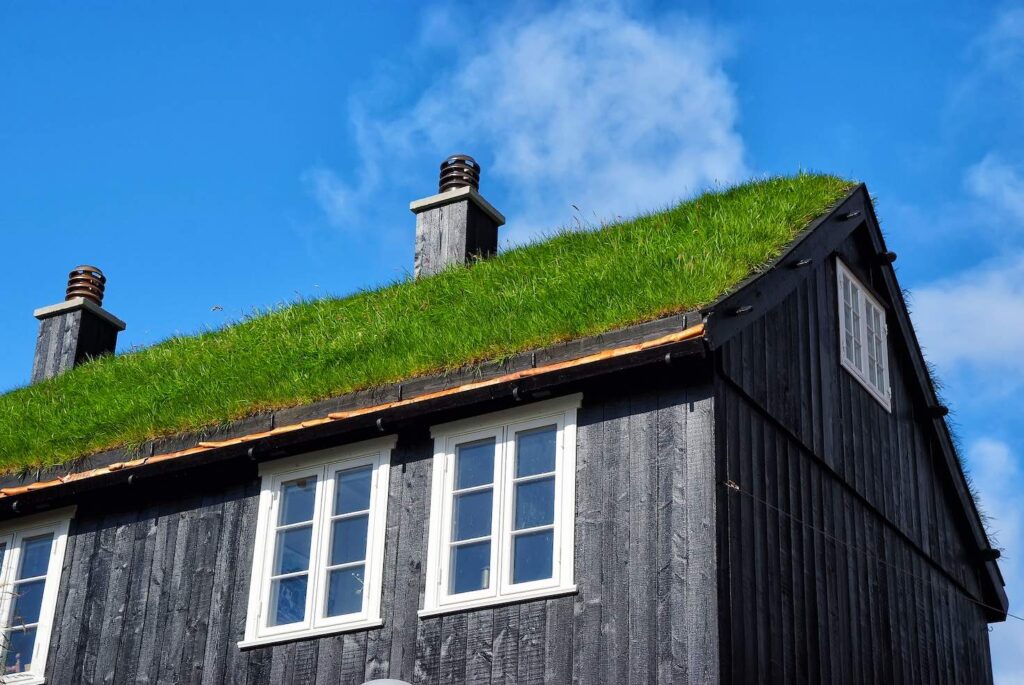How to make your home more energy efficient (and save money)
Written by Aron Marriott-Smith • in Environment

Making your home more energy efficient with a new heating system, solar panels, and better insulation could save you thousands per year. Here’s how.
Maximise your Home’s Loft Insulation
There’s no escaping it; heating your home is expensive. And yet most older homes leak heat like a tea-strainer. There’s no sense in spending a fortune to heat your home only to have it all escape due to heat loss. Warm air rises, so the best place to start with insulating is in the loft. Insulation is a low-cost and effective way to make your home more energy efficient, and can be installed as a weekend DIY project. The minimum amount of loft insulation for a home in the UK 270mm (approximately 10.6 inches) as recommended by the Energy Saving Trust. This is the optimal level for maximising energy savings, keeping your home warm and reducing your heating bills, by limiting the amount of heat loss through the roof.
Install a Wall Insulation Solution
Heat loss through your walls is mostly a problem for older buildings, as modern homes are usually very well insulated. Installing a wall insulation solution is one of the most effective ways to enhance your home’s energy efficiency. By minimising heat loss through walls, proper insulation creates a barrier that keeps your living space warmer in the winter and cooler in the summer. This not only leads to a more comfortable home environment but also significantly reduces your heating bills, making it a wise investment. Additionally, improved insulation can contribute to a lower carbon footprint, helping you do your part for the environment. The recommended amount of wall insulation in the UK ranges from 100mm to 150mm, depending on the type of wall and the insulation material used. For cavity walls, it’s 140mm. Some wall insulation solutions can be done as a DIY home improvement, particularly for solid walls; however, cavity wall insulation requires a specialist installer.
Replace your old drafty Windows and Doors
Loosing heat through windows and doors is a common issue even on newer properties. So, replacing or repairing them is a crucial step in making your home more energy efficient. By upgrading to modern, well-insulated options, you can significantly reduce heat loss, which not only enhances comfort but also lowers your energy bills. New windows are designed to minimise drafts and improve thermal performance, ensuring that your home retains heat during the colder months. This not only contributes to a more stable indoor temperature but also reduces the reliance on heating systems, leading to a decrease in carbon emissions. Investing in high-quality windows and doors can also increase your property’s value and curb appeal.
Upgrade your Old Boiler for an Energy Efficient Heat Pump
Upgrading your old boiler to an energy-efficient heat pump is often a smart choice as they offer an efficiency of up to 400%, which is incredible, compared to a gas boiler’s mere 90% efficiency. For a ground source heat pump, the efficiency is up to 500%.
Heat pumps work by extracting heat from the air or ground and transferring it into your home using a small amount of electricity to move existing heat from one place to another. The heat is then used for heating and hot water. This translates to lower energy bills and long-term savings. Additionally, modern heat pumps are designed to provide heating and cooling, making them a versatile choice for year-round comfort.
If you’re still unconvinced about the benefits of heat pumps, take a look at this in-depth article comparing heat pumps vs boilers.
Save Energy Costs by Installing Solar Panels
Solar Panels. What could be better than harnessing free renewable energy from the sun? How about saving money on your home energy bills? According to Octopus Energy, you could save up to 90% on your energy bills. By harnessing the power of the sun, solar panels reduce your reliance on grid electricity, leading to lower energy bills and increased savings over time. They also contribute to a decrease in carbon emissions, making your home more environmentally friendly.
In the UK, government incentives and feed-in tariffs can also make solar panel installation more affordable, allowing homeowners to recoup their investment more quickly. Oh, and last but not least, solar panels can increase your property’s value – handy when it comes time to sell.
Summary
Creating an energy efficient home isn’t just good for the planet—it can also lead to significant savings on your energy bills. In this article, I’ve outlined how to make home energy efficient with practical upgrades that UK homeowners can make to reduce heat loss and energy consumption.
The best place to start is with loft insulation, one of the easiest and most cost-effective ways to retain heat. Upgrading to the recommended 270mm helps keep warmth in and bills down. For older properties, wall insulation is a game-changer, reducing heat escape and improving comfort year-round.
By making these targeted improvements, you can create a warmer, greener, and more cost-effective home for the future.